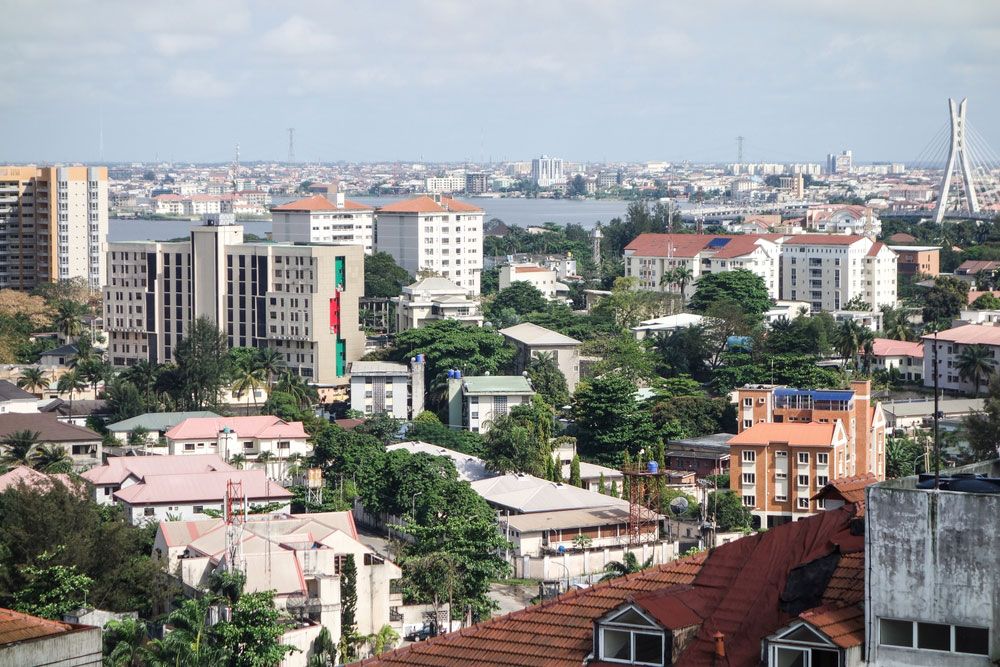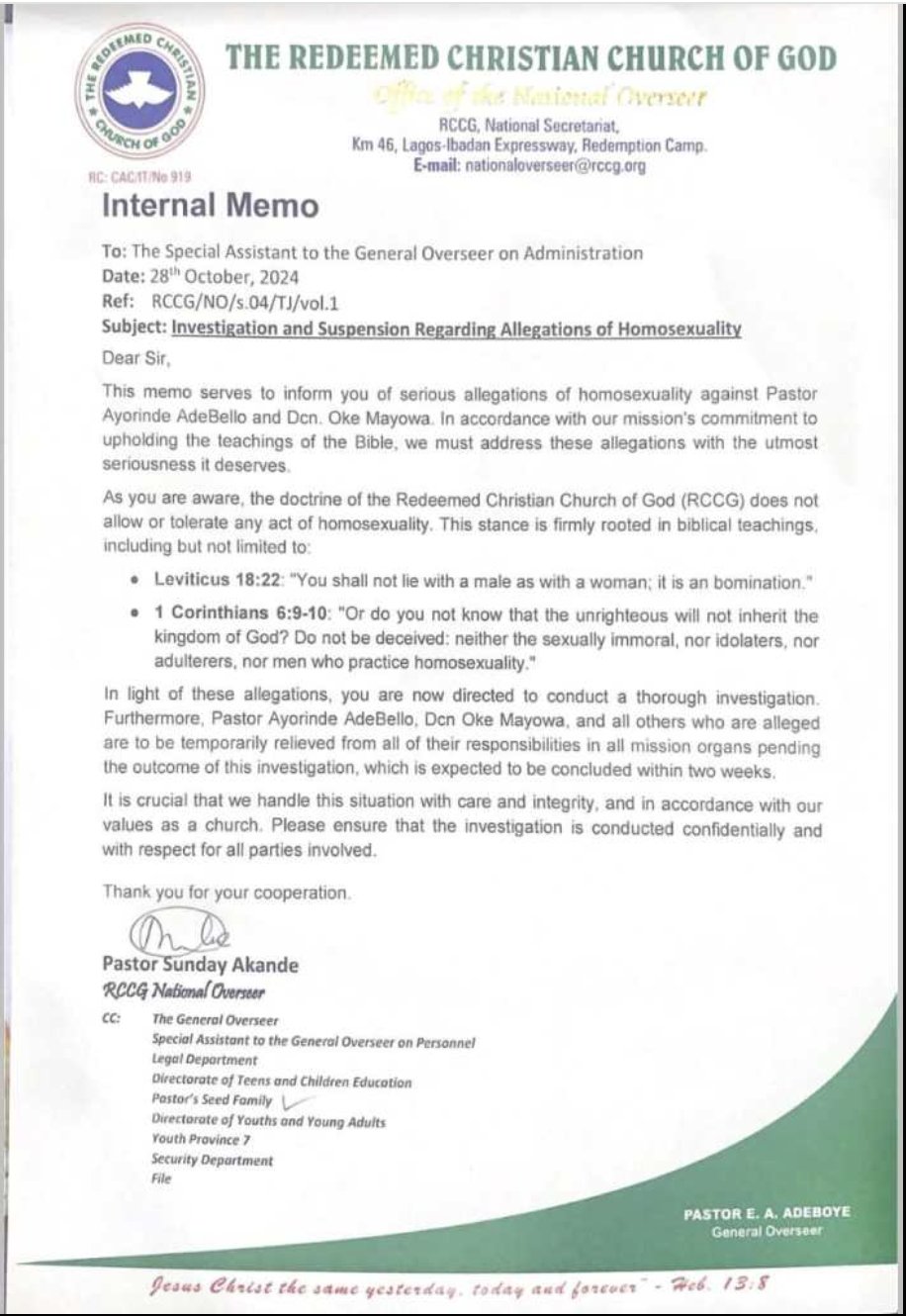
According to the 2022 survey, Lagos was ranked as the second most unlivable city, trailing only behind Damascus. However, in 2023, despite facing ongoing challenges such as civil unrest and corruption, Lagos has made notable improvements in its healthcare and education sectors, leading to an upward trend in its overall livability.
The 2023 survey highlights the global recovery from the COVID-19 pandemic, with various cities in Asia, the Middle East, and Africa witnessing enhancements in healthcare and education, contributing to improved livability scores. These positive developments have had a significant impact on overall livability.
Nevertheless, the report also reveals a decline in stability scores compared to the previous year due to episodes of civil unrest in several regions. Despite this setback, Lagos has shown resilience and progress, demonstrating its ability to thrive in a challenging environment.
Lagos, one of Nigeria's largest cities, finds itself positioned among the lower-ranking cities in the survey.
However, the city has witnessed significant improvements in its healthcare and education sectors. These advancements can be attributed, at least in part, to Nigeria's role as an energy exporter, benefiting from higher global oil and gas prices.
The EIU, a renowned global business intelligence leader, provides deep insights and analysis on economic and political developments in an increasingly complex global environment. With a rich history spanning over 70 years, the EIU serves as a commentator, interpreter, and forecaster of globalization, assisting businesses, financial institutions, educational establishments, and governments in effective planning for uncertain futures.
Through diligent monitoring of opportunities, trends, and risks at both global and national levels, the EIU empowers stakeholders to navigate the ever-changing landscape of our interconnected world.









Leave a comment